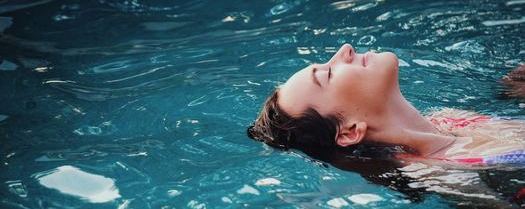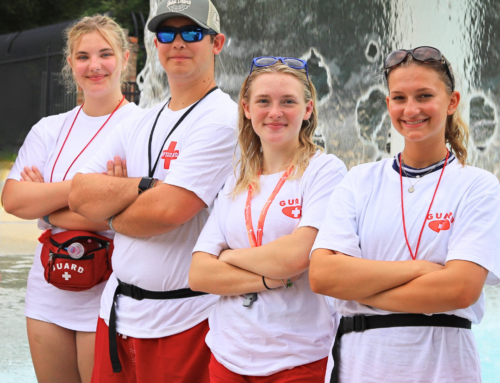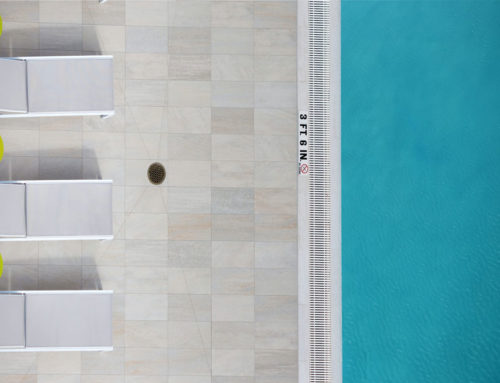
For many of us, the winter season means an end to late night summer parties and the beginning of the holiday hustle — but it doesn’t have to be the end of your pool season. Adding a heat pump to your pool system extends the amount of time you can use it, allowing for many more days spent relaxing in the water. Check out our easy heat pump guide below to get started.
Getting Started
We highly recommend hiring a professional to inspect your pool before buying a heat pump. This will help prevent any issues with the size or efficiency of the pump purchased. After assessing your pool’s requirements a trusted pool professional will assist you with decision making and installation thoroughly reviewing what types of heaters will work best for you. Once your heater is properly installed, you will want your pool professional to keep it working in top shape.
With proper care and installation, a heat pump can work perfectly in your pool for over 10 years.Depending on the heat pump you purchase, you will still be able to heat your pool as outside temperatures begin to drop close to freezing
(but not below it). For aquatic facilities, this is a fantastic way to earn more revenue and add value to your property, while your customers are happy to enjoy the pool well into the colder months.
How Does it Work?
Contrary to belief, some heat pumps don’t actually generate any heat themselves, they use electricity to capture heat and move it from one place to another. Heat pumps pull in air from the outside, and by use of coils and other instruments, heats the air itself which then heats the pool water flowing through the pump.
This is not to be confused with a gas heater, which burns gas or propane to create heat, which is then transferred to the pool water passing through the heater. Though gas heaters are popular and cheaper upfront, they are not considered as energy efficient as a heat pump. The efficiency of the heat pump allows it to cost less overtime, though its initial cost may be more than the gas version.
Solar powered heaters can compete with both gas and heat pumps in relation to cost, but can be more cost efficient if used appropriately. The water from the pool is pumped through the solar collectors which heat the water using solar energy, then it is filtered and placed back into the pool.
Which One Should I Buy?
When considering a heat pump, the EVOline has the best cost to quality ratio, along with being environmentally and cost friendly; it actually produces 5 times the amount of energy that it uses. Following along with current technological trends, EVOline produced a smartphone app that allows you to control how the pump operates in the palm of your hand.
That means you will be able to prep your pool to the perfect heat for your evening swim, even when you’re stuck at the office!These apps make operating your pump significantly more convenient for your lifestyle, and helps you get more use out of your perfectly heated pool. While gas pumps are still a very popular option, they have been decreasing in use over the years due to the fact that they emit pollution and are costly with rising gas prices. They also have a shorter life span than the other heating option.
If considering a solar powered heater, you should look into your house’s solar resource: is there enough solar energy directed on the house where the system will be placed? If your house does not get proper sunlight, the solar powered heater will not function as well as it is intended to. The rule of thumb is that your solar collectors should equal 50%-100% of the surface area of the pool.
Keeping in mind that the upfront costs are high, solar powered systems have a higher pay off down the road. Once again, we highly recommend speaking with your pool professional about which pool heating system will work best for your budget and lifestyle. Your trusted pool professional will be able to help you decide whether or not your house has the space to properly use a solar powered system. If your house is mostly unshaded and has space to place the system that faces South, a solar powered heater should work very well for you.
So, this fall and winter season, do not fear — you have the tools to enjoy your pool all year!No more spending months away from your favorite home accessory. Once you’ve installed a heat pump, you can be in control of all aspects of heating your pool from the comfort of your smart phone. Along with having your pool professional on hand, the phone app makes maintaining your pools heat a breeze! Adding a heat pump to your pool can easily extend your pool season far into winter and add value to your home, what could be better than that?





